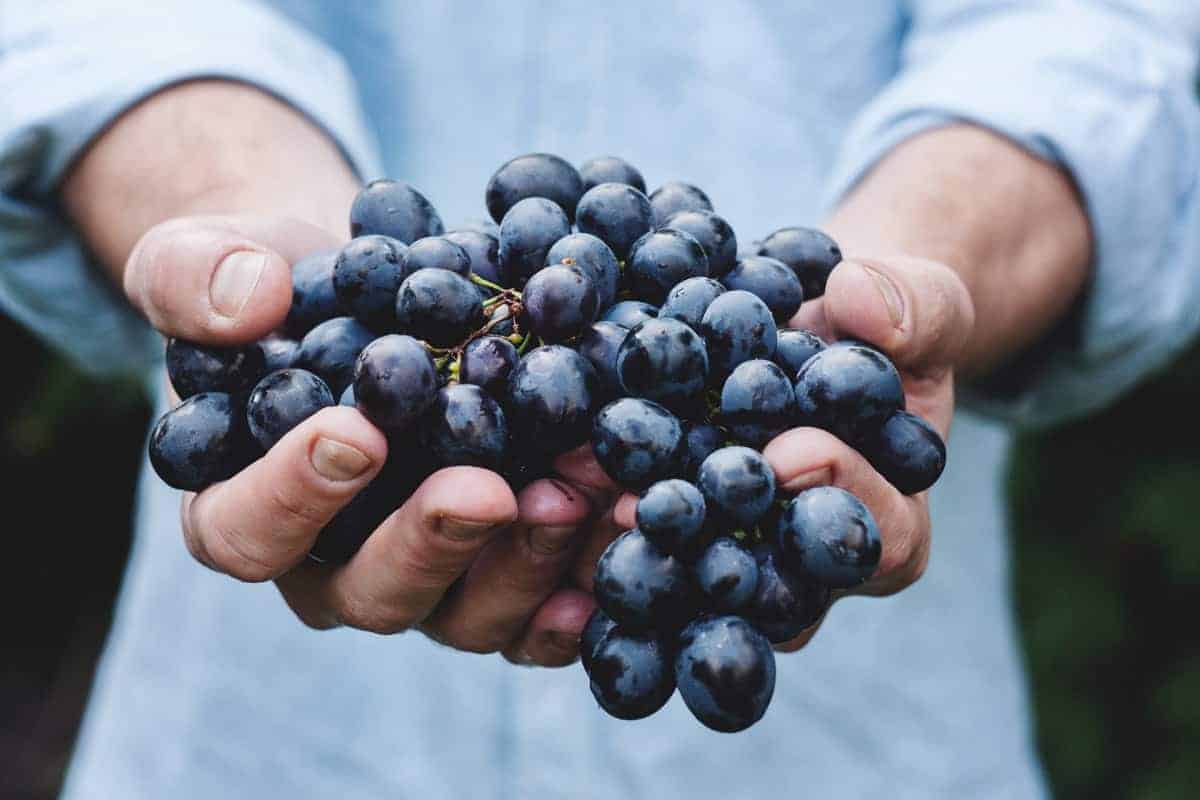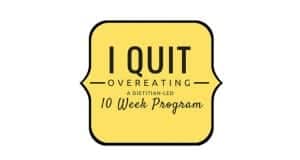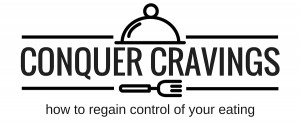
New research is highlighting how dangerous The Biggest Loser is. Researchers found that 6 years after the show ended, their bodies burn 200-800 calories less than most people their size. Most of the participants ended up gaining most or all of their weight back.
There’s a reason you’ll never see a reunion show. The producers don’t want to draw attention to what happens to their participants. The health risks associated with yoyo weight loss gives the show a particularly bad rap. Several studies have shown that it’s healthier to remain overweight than lose weight and regain it again.
Research has also shown that viewers of the show end up thinking of exercise more negatively, making them less likely to want to exercise. Other studies found that viewers adopted stronger weight shaming views, a viewpoint that’s statistically unhelpful in the fight against obesity.
In other words, The Biggest Loser is awful for the health of the people who go on it, the people who watch it, and even people who don’t have anything to do with it.
Thankfully there are lessons we can all learn from this type of unethical entertainment. In some ways it functions as a “what not to do” guide to healthy weight loss.
1) Your weight loss techniques should be sustainable.
Avoid any weight loss intervention like The Biggest Loser that focuses on short-term loss without a long-term plan.
After losing weight in an unrealistic setting, the The Biggest Loser participants must go home and find ways to build new habits into their lives. On the show, weight loss is their full-time job. They have multiple full-time support staff assisting them. At home they must try to adapt similar habits into the busyness of their daily routine, without support.
This short-term type of intervention results in long-term failure. Weight loss should be achieved by setting realistic long-term habits that you can integrate into your daily life.
Some interventions send you prepared meal sizes. Others recommend meticulous calories counting, or tell you exactly what to eat. If you can’t afford or stick to these plans for the rest of your life, they’re not going to provide long-term change.
2) Your weight loss journey should be enjoyable.
The Biggest Loser depicts the journey towards weight loss as a brutal battle. The exercise regimen includes plenty of screaming, yelling, and crying. The combination of extreme exertion and severely limited calories has caused serious concern. Dr. Ed Tyson, an eating disorder physician in Austin, Texas, commented: “It’s miraculous no one has died yet.”
[x_blockquote cite=”Dr. Ed Tyson” type=”left”]It’s miraculous no one has died yet.[/x_blockquote]
It doesn’t have to be this way. Eating less does not have to be torture. Habits like mindful & intuitive eating help you enjoy your food more, so you can eat less. These habits may take some effort at first, but once you’ve learned them they don’t take any extra time or willpower from your day. Instead of being a burden on your lifestyle, they make your day more enjoyable!
Similarly, if you hate jogging and lifting weights, but love walks in the park and tennis, then do what you love! Make that your thing, and do it regularly.
Choosing to set habits that you enjoy makes it more likely that you will stick to them long-term.
 3) Your weight loss should be gradual
3) Your weight loss should be gradual
There is now more evidence than ever that rapid weight loss is permanently harmful to the metabolism. To prevent this, and other issues with rapid weight loss, experts recommend losing no more than one pound a week.
The good news is that losing gradually doesn’t mean that you can’t have dramatic results. Slow and steady really does add up!
A healthy and sustainable loss of one pound per week results in 52 pounds a year. At this rate even extremely obese individuals can arrive at their goal weight within a few years. Most importantly, they can be better equipped to stay at that weight for the rest of their lives.
4) Your weight loss strategy should be scientifically-based and designed by nutrition professionals
The fact that The Biggest Loser focuses on rapid weight loss begs the question: why didn’t their medical advisor see the related problems coming?
Unfortunately there’s no shortage of doctors who are willing to practice outside of their area of expertise. The show was overseen by a celebrity doctor whose background is in immunology and sports medicine. He has few qualifications to claim as an obesity expert.
A healthy weight loss plan should be designed by someone with an education and background in nutrition and obesity. For example, Registered Dietitians are specifically trained in both of these areas. They have many more research and credit hours built into their education than most doctors.
The season 3 winner of The Biggest Loser said her decision to go on the show was “the biggest mistake of my life.” This is the unfortunate consequence of health interventions that aren’t designed by the right health professionals.

5) Just say no to body shaming
The mindset that gets people on a scale as part of a nationally televised competition is toxic. It focuses too much on weight and appearance, and not enough on improved health and self-worth.
Our psychological tendency is to repeat behavior that is reinforced. With a long-term goal like weight loss, we don’t get much short-term reinforcement from the appearance of our bodies. Those changes happen gradually. The numbers on the scale fluctuate from day to day. They’re not a reliable measure of success.
That’s why focusing on being a healthier person is more effective than trying to shame and change your body. If you pay attention to how healthy your body feels, you can notice the effects of eating healthier right away. Ice cream feels much better in small amounts. Hummus feels even better!
Instead of beating yourself up for your flaws, love your body for the amazing miracle of life that it is! Not only is this mindset more enjoyable and beneficial for your mental health, it brings you closer to your long term weight loss goals as well.
6) Your weight loss plan should address the root cause of cravings
Several of The Biggest Losers have commented that their food cravings have ruined their weight maintenance plans. None of the best intentions to eat healthy will work if food cravings are dominating your life.
We indulge our food cravings for a variety of reasons. There are emotional and environmental causes that are not always difficult to address. The problem is that we rarely address them.
Any approach like The Biggest Loser that focuses entirely on calories consumed vs. calories burned is missing a huge piece of the weight loss puzzle. The question of what goes into our bodies is psychological as well as physical, environmental as well as edible.

There’s no shortage of weight loss solutions out there. The tricky part is evaluating whether they will work for you. If you’re considering something that doesn’t meet the six above criteria, consider looking harder.
I used these six guiding principles when I created I Quit Overeating, a 10 week online program designed to free you from the hold food has on your life.
I encourage you to read more about the program, and if there’s anything that’s holding you back, any questions that you have, please email me.
As a warm up to the 10 week program, I’ve created a mini e-course targeting one specific challenge: those pesky food cravings!
The story goes something like this. A craving hits; you try to suppress it. The craving still doesn’t go away; you try again to ignore it. You can’t so you give in. Which only leaves you feeling full… not only of food, but of guilt and regret as well!
Stop the cycle of food guilt! This 10 day mini e-course that will help you gain the upper hand on those cravings. I’ll show you why you have those cravings, how to prevent them, and most importantly I’ll show you how to stop those cravings right in their tracks!
[share title=”Share This Article” facebook=”true” twitter=”true” google_plus=”true” linkedin=”true” pinterest=”true” reddit=”true” email=”true”]




Leave a Reply